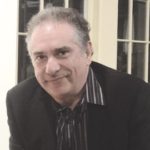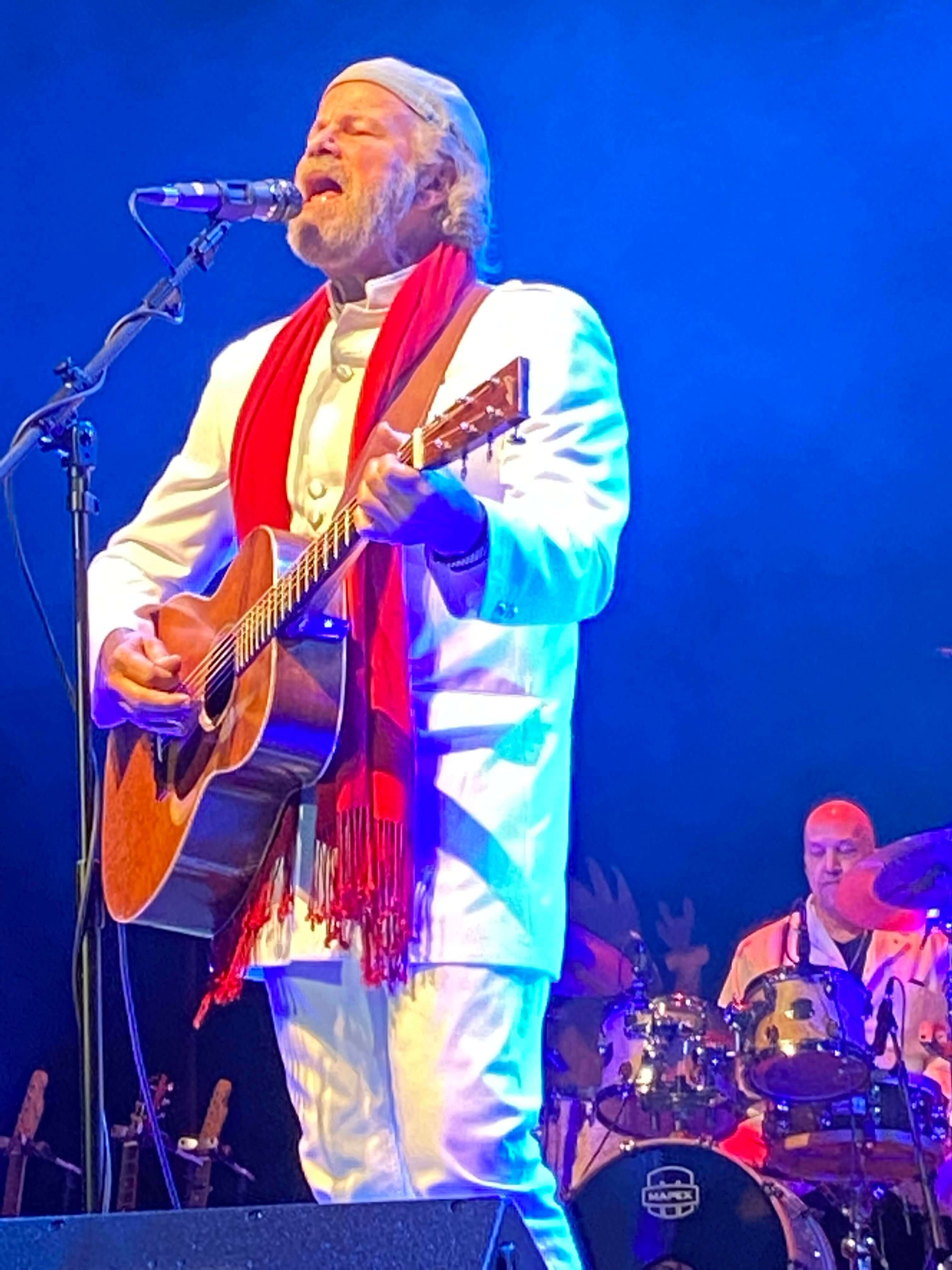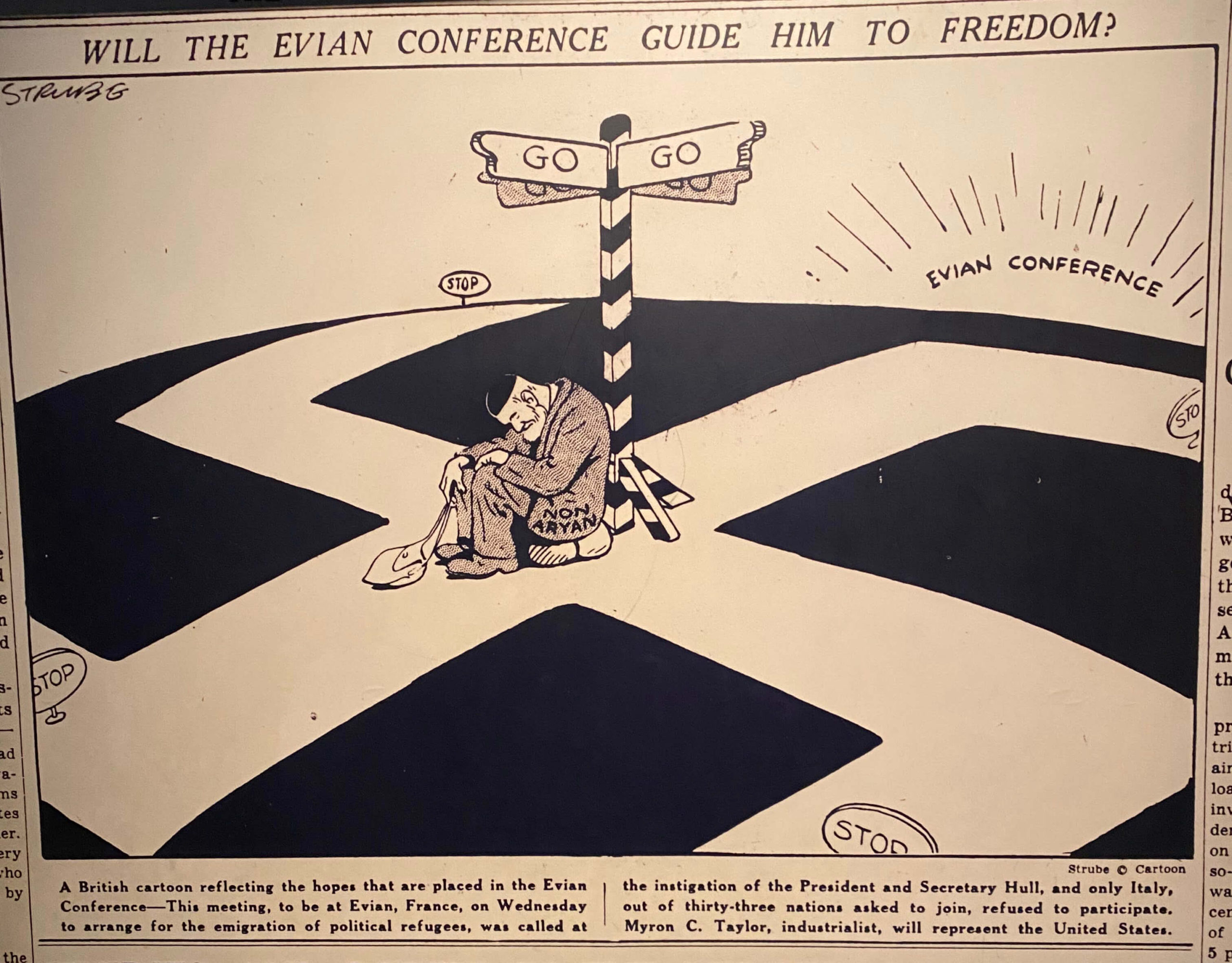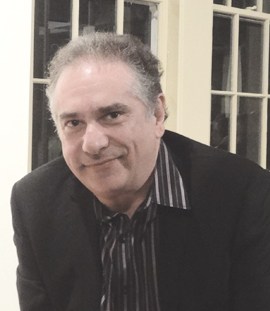The German philosopher Arthur Schopenhauer is known for concluding that earthly life is mostly misery, but making it all worthwhile is art, specifically music.
While I’m a bit more positive about life, his comment about music resonates.
Last week I took time off from everyday living to travel to Washington DC to hear Robert Earl Keen, who brought his Christmas show to the Lincoln Theater. It was a great night that reminded me of what life was like pre-pandemic, when I went to shows all the time.
Keen, who has a large following that can be both rowdy and thoughtful, makes the world come alive with his songwriting. Some of his songs are about drinking and partying—the Texas way—while others are keen (pardon the pun) observations of the human condition.
In a song called “Mariano,” he writes about Mexican migrants:
Their skin is brown as potter’s clay, their eyes void of expression.
Their hair is black as widows’ dreams, their dreams are all but gone.
They’re ancient as a vision of a
sacrificial virgin
Innocent as crying from a baby being born.
They hover ‘round a dying flame and pray for his protection.
Their prayers are often answered by his letters in the mail.
He sends them colored figures he cuts from strips of paper.
And all his weekly wages, saving nothing for himself.
It’s been a while since I have seen the face of Mariano.
The border guards, they came one day and took him far away.
I hope that he is safe down there at home in Guanajuato.
I worry though I read there’s revolution every day.
I spent the following day at the National Holocaust Museum, something I do from time to time. I was born less than ten years after the end of WW 2, and have spent a lifetime of wondering how people living just a short time before I came along could do such horrible things.
This time around, I learned about a conference held in France in 1938. Hitler was always very clear about his plans. He spent much of the 1930’s telling the world that if they didn’t take the Jews off his hands, he would get rid of them himself—the Nazi way.
The Evian conference (which took place at the same town where the water is from), was created by FDR to see if something could be done. Delegates from 32 countries met to try and figure out what to do.
However, except for the Dominican Republic, no country (including ours)was willing to expand their immigration quotas—leaving the European Jews stuck in place. And we all know what happened.
Looking back at history, this seems like a terrible indictment on the world that existed before me. But putting myself in the shoes of the time, and understanding the world I live in now, I get it.
It’s not too much different than the Robert Earl Keen song. Just as the Jews were not our problem in 1938, today’s refugees are not ours. We build walls to keep out Mexicans. It’s like pulling teeth to admit more than a few Afghanis or Belarusians, or anyone else in a life-or-death situation, at least not more than our ‘quotas’ allow.
And just like in Hitler’s day, much of that reasoning is used for political purpose—to gain or keep power for one political party or another.
The City Council just passed a bill that would allow non-citizens, meaning those with green cards, to vote in municipal elections.
I participate in an online discussion group with people I went to high school with, back in the day. These are my peers. Most of them were mad as hell about what their councilmembers were doing – saying that by doing this we are demeaning what it means to be a ‘citizen.’
I grew up believing that we are all citizens of the world. I look forward to a day when that may be true.
In the meantime, I guess we have Pandora, or Spotify.
Author
-

George Fiala has worked in radio, newspapers and direct marketing his whole life, except for when he was a vendor at Shea Stadium, pizza and cheesesteak maker in Lancaster, PA, and an occasional comic book dealer. He studied English and drinking in college, international relations at the New School, and in his spare time plays drums and fixes pinball machines.
View all posts
George Fiala has worked in radio, newspapers and direct marketing his whole life, except for when he was a vendor at Shea Stadium, pizza and cheesesteak maker in Lancaster, PA, and an occasional comic book dealer. He studied English and drinking in college, international relations at the New School, and in his spare time plays drums and fixes pinball machines.











